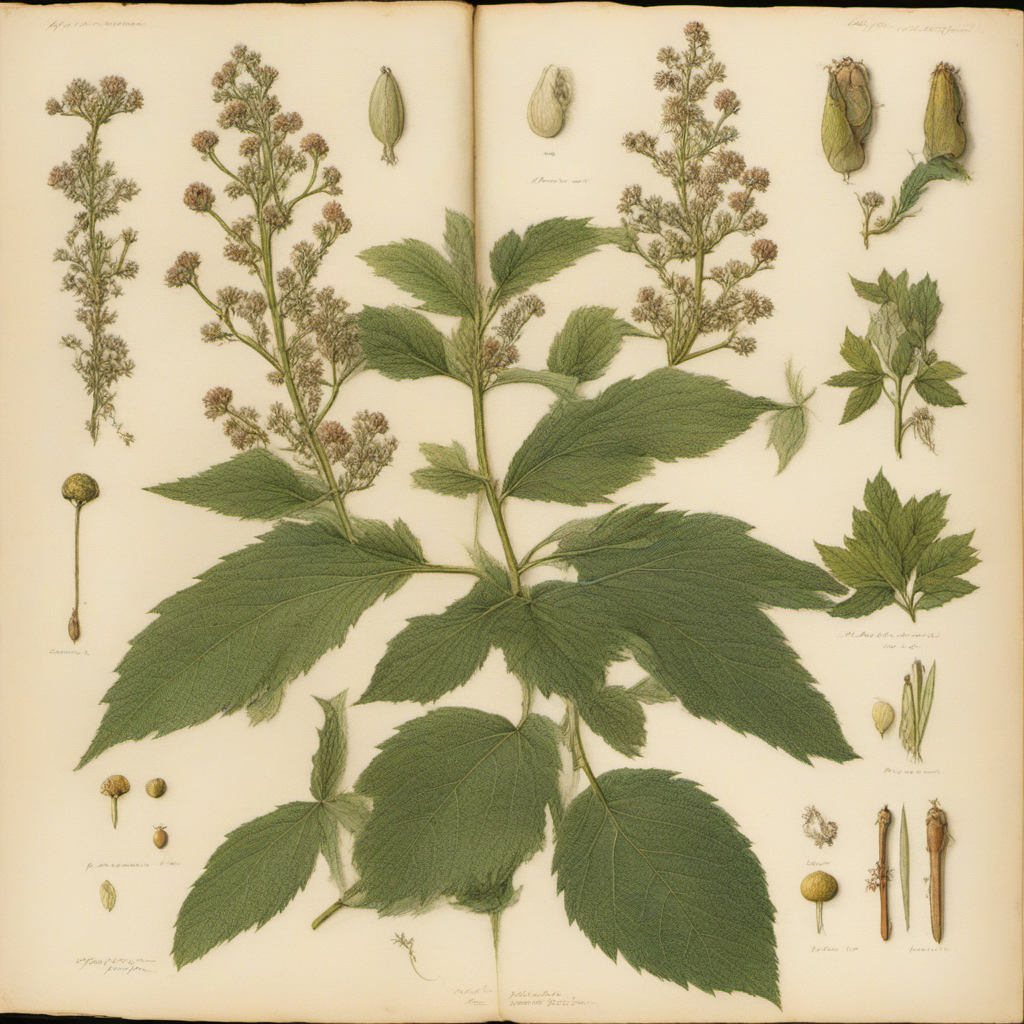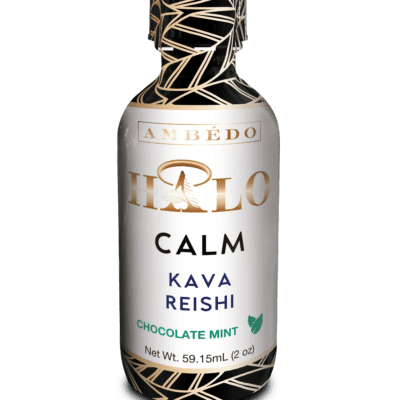
Decoding Kava: History and Usage
Kava, scientifically known as Piper methysticum, has woven itself into the cultural fabric of the Pacific. Join us as we navigate the historical currents, delve into traditional ceremonies, and uncover the diverse effects of this revered botanical.
Historical Anchors
Originating from the South Pacific, Kava has deep historical roots. Used by Pacific islanders for centuries, it plays a pivotal role in social, ceremonial, and medicinal contexts. The ritualistic preparation and consumption of Kava hold significance in fostering community bonds.
Cultural Significance
In many Pacific cultures, Kava is more than a beverage; it is a symbol of respect, tranquility, and connection. The plant’s calming effects play a role in communal ceremonies, easing tensions and fostering a sense of unity.
Modern Applications
Beyond its cultural origins, Kava has found a place on the global stage. Embraced for its potential stress-relieving and anxiolytic properties, Kava supplements and beverages are sought after. However, it’s crucial to navigate the landscape responsibly, considering factors such as quality and proper usage.
Potential Effects and Considerations
Kava’s effects are diverse, from mild relaxation to a sense of euphoria. Yet, responsible use is paramount. It’s vital to be aware of potential interactions, dosage guidelines, and individual variations in response.
Sources:
- Lebot, V., Merlin, M., & Lindstrom, L. (1997). Kava: The Pacific Elixir. Yale University Press.
- Singh, Y. N. (1992). Kava: An Overview. Journal of Ethnopharmacology, 37(1), 13–45. doi: 10.1016/0378-8741(92)90003-6.
Our Products
Indulge in the rich symphony of flavors with our Calm shot from Ambedo Naturals. This 2oz shot is crafted for kava enthusiasts seeking a tranquil escape. Immerse yourself in the velvety fusion of chocolate and mint, perfectly complementing the relaxing essence of pure kava.
-
 Halo Calm Shots$9.99
Halo Calm Shots$9.99